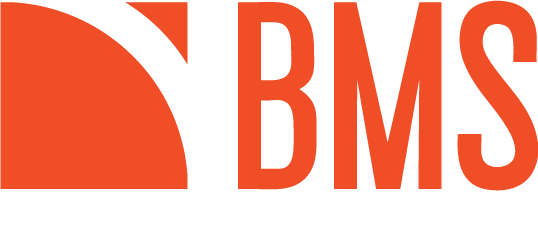Introduction
SMEs form the backbone of most economies. Globally, they contribute around 50% of GDP, and in Thailand, SMEs account for roughly 35% of total GDP. When you take a closer look at the companies making up this segment, there are huge differences: from mom-and-pop shops to highly specialized production plants.
In recruitment, the real differences between SMEs emerge through their people needs. A company with 5 employees doesn’t need the same kind of talent as one with 50 or 150.
Hiring the right people at each stage is what drives sustainable growth.
The Three SME Clusters
At BMS Recruitment, we typically work with SMEs across three clusters, defined mainly by headcount:
- Micro enterprises (less than 10 staff) – Start-ups and small offices; for us, often linked to international owners.
- Small enterprises (10–49 staff) – Local production and service firms that have outgrown their initial markets.
- Medium enterprises (50–200 staff) – Mostly manufacturing or export-focused companies across a broad variety of business sectors.
Different Profiles for Different Clusters
Each of these clusters requires a different type of hire. Let’s call them Pioneers, Builders, and Managers to label the typical talent profiles and cultural characteristics required by SMEs at different stages.
PIONEERS – Hiring for Micro Enterprises (1–9 staff)
Who they are: Start-ups or small satellite offices representing international businesses in Thailand. Founders wear many hats and have strong feelings of ownership. Resources are tight, and the environment changes quickly. One lucky break can mean the difference between failure and success.
Hiring challenge: These companies need versatile, tech-savvy Pioneers who can take ownership, work autonomously, and bridge multiple roles — often blending sales, operations, and admin.
Pain points: Strong language skills (Thai and foreign) are frequently required to interact with overseas owners or HQ. This adds 15–25% to base salaries — a real cost pressure at this size.
Recent case: Recruiting a business manager for a freight forwarding start-up who could manage both business development and operations.
BUILDERS – Hiring for Small Enterprises (10–49 staff)
Who they are: Growing trading companies, service providers, or niche manufacturers entering a more structured phase. Processes formalize, teams expand, and specialization begins.
Hiring challenge: These companies need Builders — sector and product specialists, process technologists, and functional experts who can put structure where there was previously improvisation. They often work closely with international counterparts.
Pain points: Salaries typically sit below the market median, making it difficult to attract candidates with strong English and enterprise-system experience. Budget constraints often collide with rising skill requirements.
Recent case: Recruiting a production manager for a New York-based sourcing company of bespoke gifts, working with U.S. account managers while using standalone systems for product planning, materials, and accounting.
MANAGERS – Hiring for Medium Enterprises (50–200 staff)
Who they are: Manufacturing units and export-oriented businesses, often with a long history, now expanding internationally and adding managerial layers. Few service companies grow over 50 staff, but the ones that do, have developed a strong local brand franchise.
Hiring challenge: These companies need Managers who can lead teams, implement structured processes, and manage growth across functions. Leadership, fairness between old and new employees, and cultural navigation are critical.
Pain points: Attrition in key roles can result in loss of institutional memory and operational knowledge. Aligning legacy staff with new professional systems is often a delicate balancing act.
Recent case: Recruiting a Product Planning and Inventory Control Manager for a luxury furniture manufacturer, finalizing SAP implementation — requiring both technical expertise and cultural leadership to ensure company-wide adoption.
Conclusion
Hiring evolves as companies grow. Pioneers build the foundations, Builders create structure, and Managers lead the way forward. Each stage demands different strengths, mindsets, and skill sets.
At BMS Recruitment, we help SMEs identify and attract the right talent at each stage — because hiring the right person at the right time doesn’t just fill a gap; it multiplies growth.

